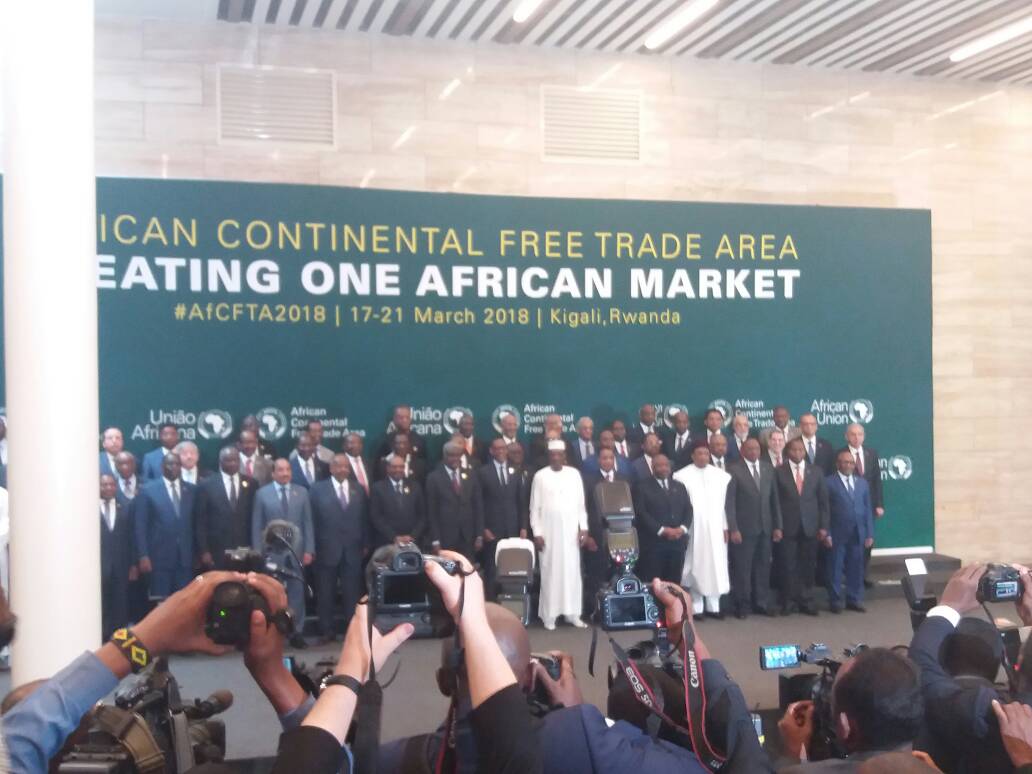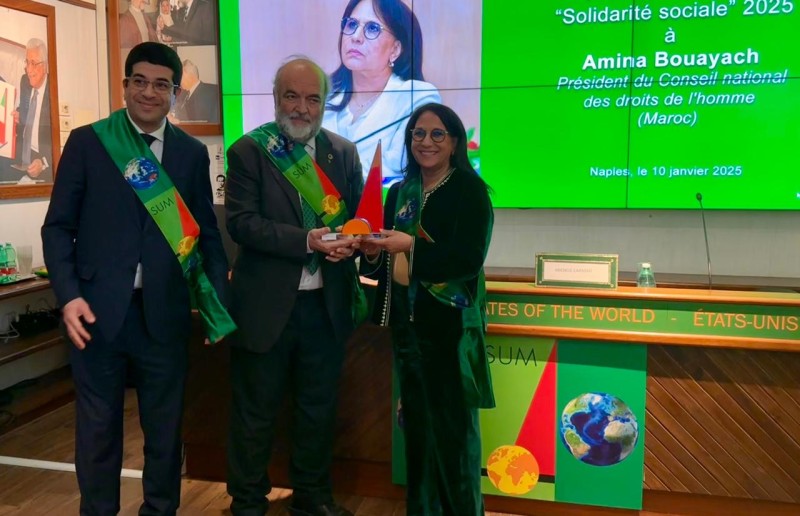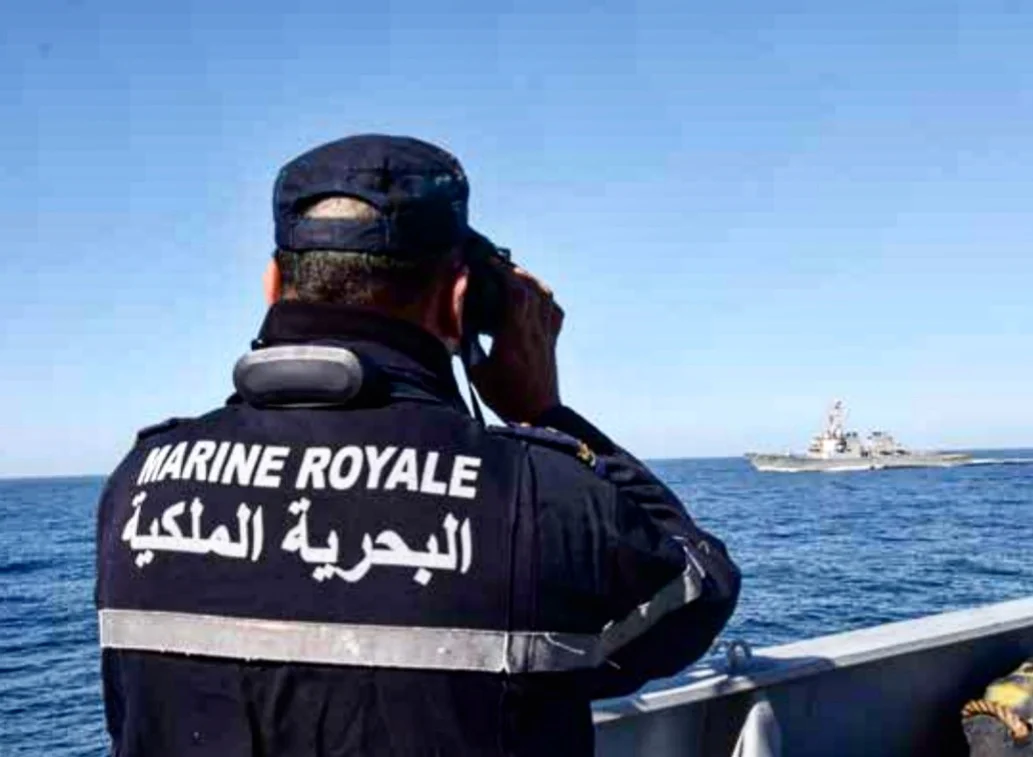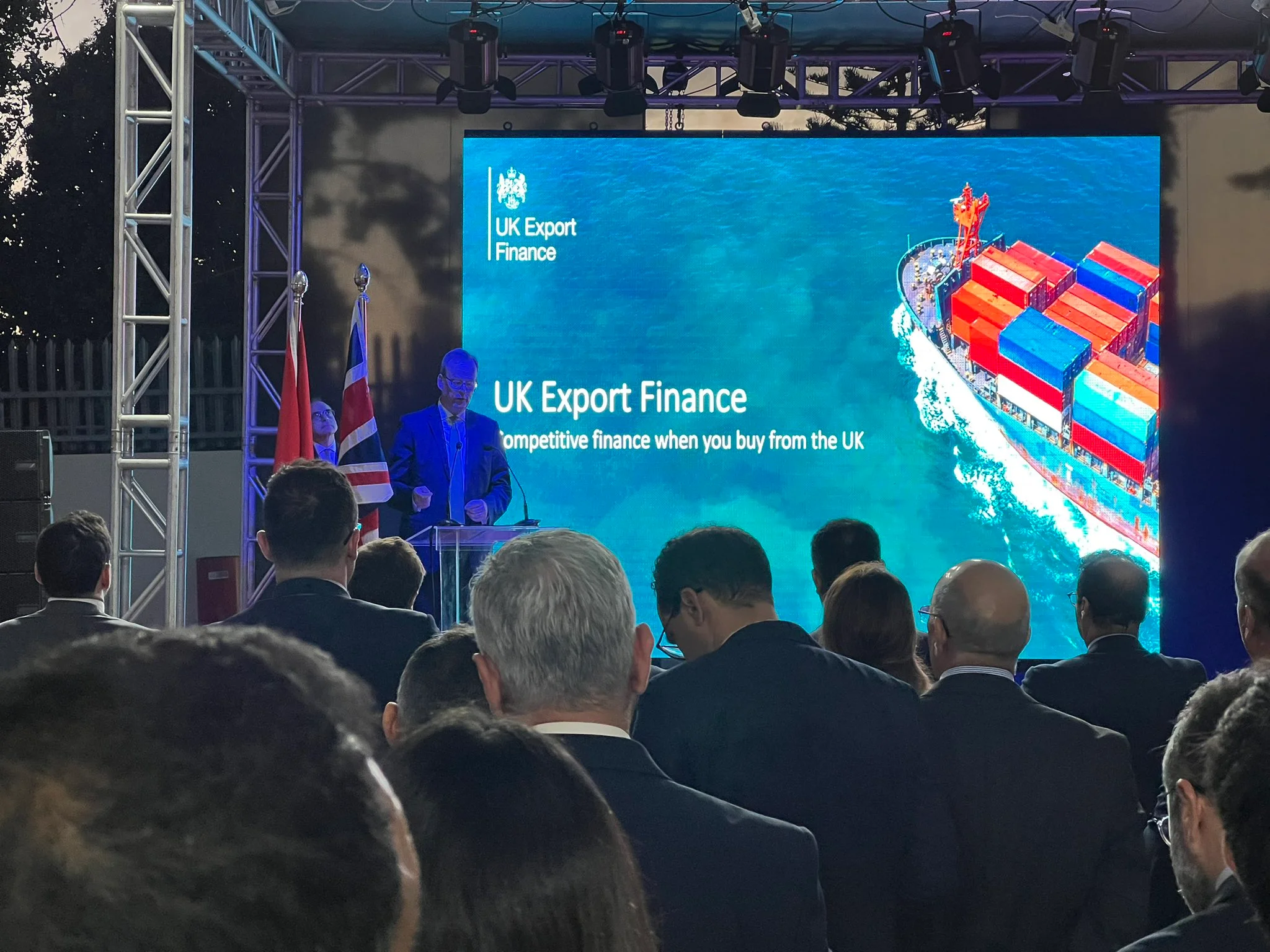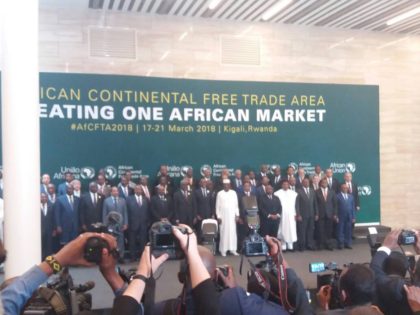 Morocco, which rejoined the African Union last year, signed this Wednesday the agreement launching the African Continental Free Trade Area (AfCFTA).
Morocco, which rejoined the African Union last year, signed this Wednesday the agreement launching the African Continental Free Trade Area (AfCFTA).
The signing ceremony took place at the 10th Extraordinary Summit of the African Union on AfCFTA convened in Kigali, Rwanda.
The AfCFTA was inked by Head of Moroccan Government Saâd Eddine El Othmani, who leads the Moroccan delegation to the Kigali extraordinary summit.
Morocco’s signing of this agreement reflects the Kingdom’s commitment to Africa and its full adherence to the continent’s development and integration process, El Othmani said in a statement to the press in Kigali, describing the agreement signing as a historic event that marks a major step in the process of African integration.
He noted that the signing is only the beginning of a process that will be continued by discussions to ensure the entry into force of the accord before the end of the year.
The goal of the AfCFTA is to establish a shared market for goods and services, he said, noting that this goal is in line with the vision of King Mohammed VI and with Morocco’s policy for Africa’s economic emergence, stability and prosperity.
The AfCFTA will make the continent the largest free trade area created since the formation of the World Trade Organization.
According to experts, this is a historic pact, which represents a major advance for African integration and unity. The pact will enhance Africa’s position in global trade, which means new opportunities for African companies to compete and cooperate across borders and build continental reach. However, the success of the AfCFTA will depend on closer collaboration between policy makers and the private sector.
The AfCFTA is a flagship project of Agenda 2063, the African Union’s long-term vision for an integrated, prosperous and peaceful Africa. The Free Trade Area has the potential to transform the fortunes of millions of Africans by boosting trading ties between Africa’s nations.
It will help create jobs for young Africans who today struggle and are fleeing the continent. CFTA will also help enhance peace, security and prosperity.
Currently Africa trades far less with itself than it does with the rest of the world. Intra-African trade stands at about 16 pc, compared with 19 pc intra-regional trade in Latin America, 51 pc in Asia, 54 pc in North America and 70 pc in Europe.
The United Nations Economic Commission for Africa estimates that the AfCFTA has the potential to boost intra-Africa trade by 53 pc by eliminating import duties and lowering tariff barriers. It could create an African market of over 1.2 billion people with a Gross Domestic Product (GDP) of $2.5 trillion.
